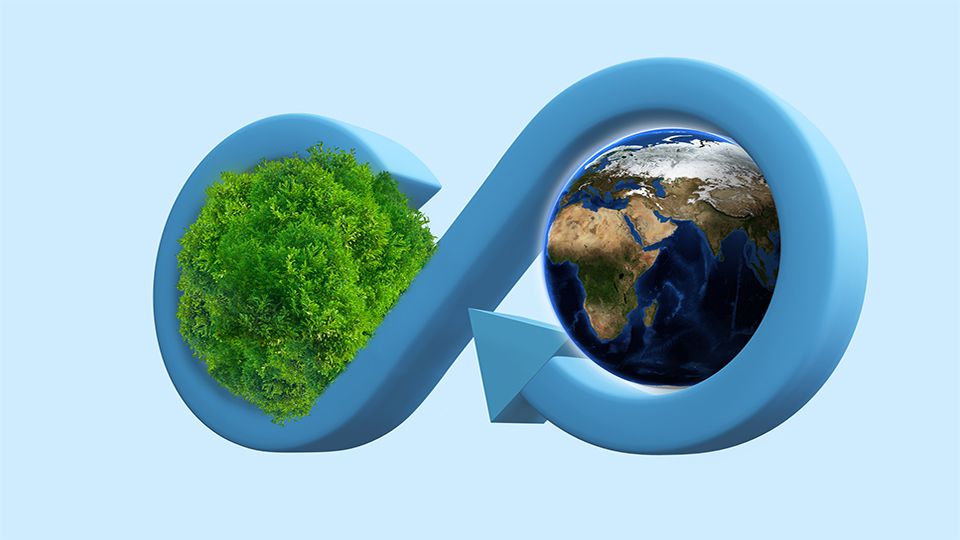This story was written by our sister title ESG Clarity
Schroders has added two Article 9 sustainable global equity funds to its Global Transformation range of thematic funds in response to investor demand.
Growth fund SISF Circular Economy will be managed by Jack Dempsey and will invest in 25-40 companies worldwide that contribute to the transition to a circular economy, which Dempsey said is vital for achieving net zero.
According to the UN, the global economy currently consumes close to two planet Earths’ worth of resources a year. The circular economy principle looks to decouple economic growth from resource consumption, a key sustainability and economic focus given increasing resource deficits.
Schroders said companies can support the transition to this economy by reducing non-renewable resource consumption, reducing waste and pollution, increasing levels of recycling and ensuring energy and materials are more sustainably used.
“The prize for companies that can close the resource gap is massive, estimated at around $25trn by 2050 [according to Accenture],” Dempsey said.
“Entire industries have the potential to be transformed. For example, clothing resales are expected to be bigger than fast fashion by 2029, and, as plastics come under increased scrutiny from consumers and regulators, more sustainable materials can gain market share.
“Through SISF Circular Economy, investors will be able to tap into a growing market for sustainable products and services, while also contributing to a more resilient and resource-efficient economy. This is vital since we see no path to net zero without a circular economy.”
Sustainable infrastructure
The second growth fund announced today is SISF Sustainable Infrastructure, which will be managed by Ashley Thomas and will invest in energy utilities, renewable energy companies, water and waste utilities, rail and communications infrastructure worldwide.
The OECD estimates $6.9trn per year of investment is required by 2030 to meet climate and development objectives and Thomas said existing infrastructurenetworks urgently need to expand or be replaced to meet that.
“While investment in renewable energy has more than doubled over the past decade to around $600bn per year, grid investment has been static at around $300bn per year,” he said.
“However, to reach national climate goals, grid investment needs to double by 2030 with more than 80m km of grid length required to be built or replaced by 2040 – the equivalent of the entire existing global grid.
“Critical investment gaps also exist when it comes to new water resources and waste water treatment, rail to support the decarbonisation of transport and the telecommunication sector.”






